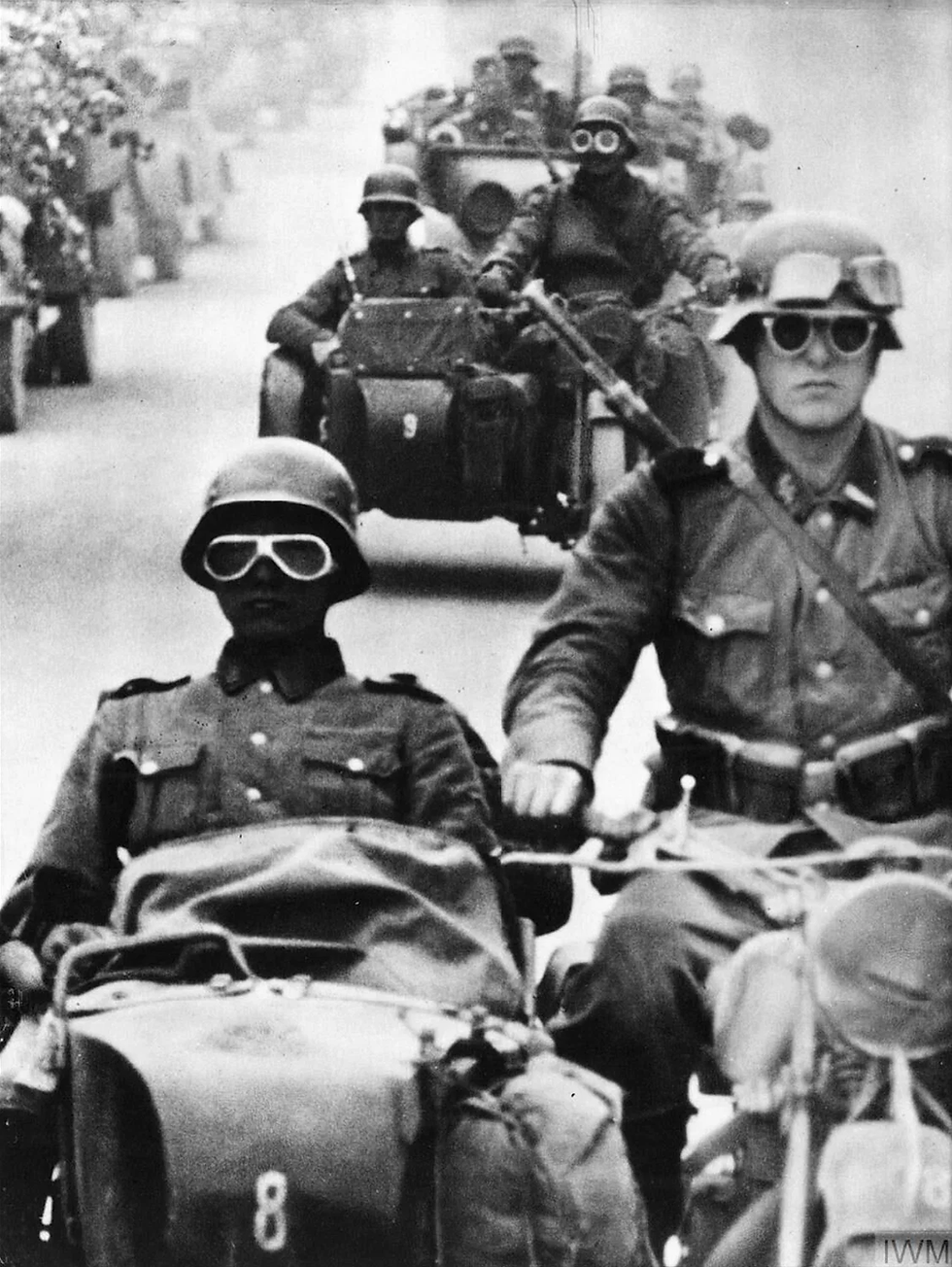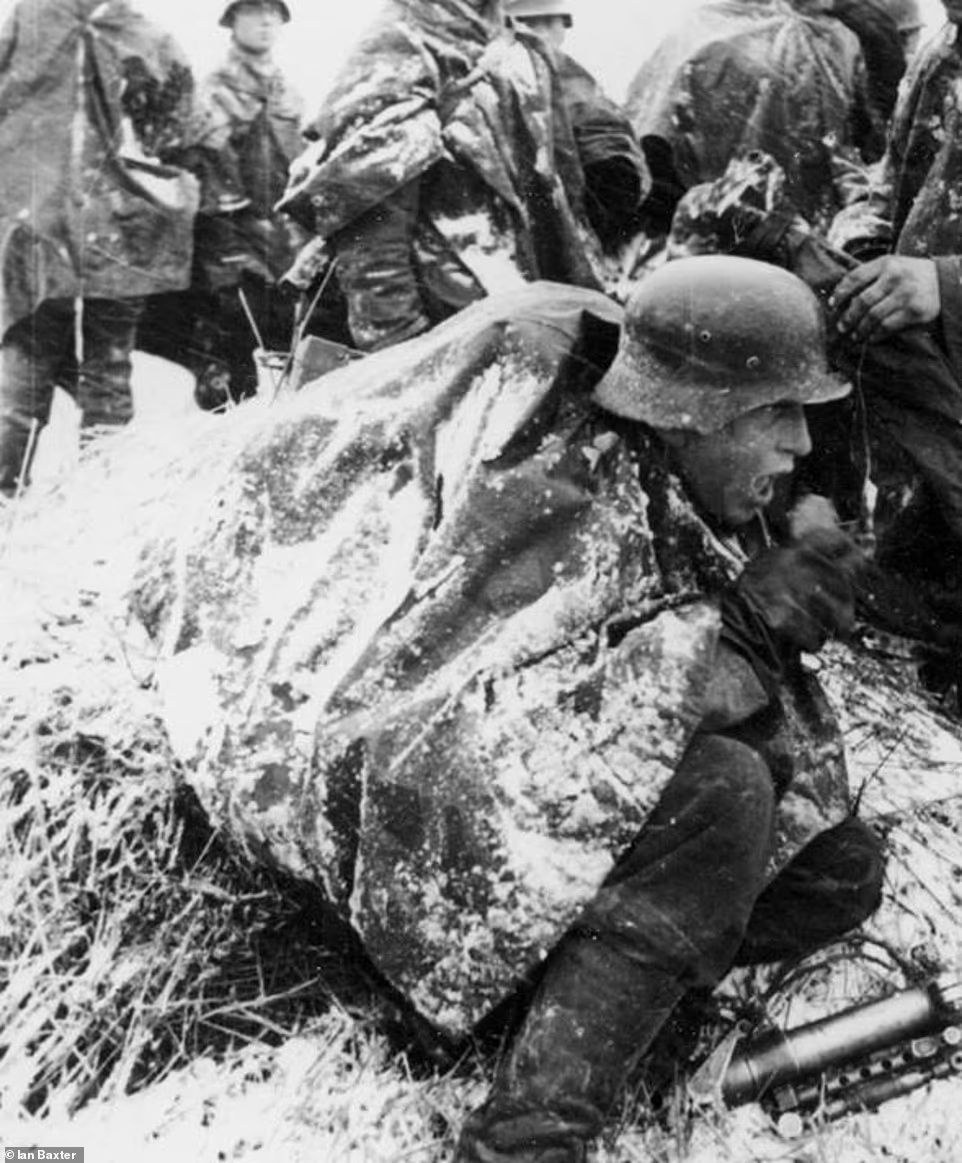Barbarossa Begins
- Owen Whines
- Jun 22
- 3 min read

A Day in History - 22nd June 1941
In the early hours of the 22nd of June 1941, three million German soldiers lined a front stretching over 1,800 miles, awaiting the order for what would become the largest land invasion in history - Operation Barbarossa. Designed as a surprise assault against the Soviet Union, the campaign was underpinned by Adolf Hitler's ideological conviction that the USSR was inherently weak and on the brink of collapse. He declared, "We only have to kick in the door and the whole rotten structure will come tumbling down". Hitler anticipated a swift military victory, culminating in the destruction of the Red Army, paving the way for the capture of key cities including Leningrad, Moscow and Kyiv.
Operation Barbarossa also sought control over the Soviet Union's vast economic resources, particularly the agricultural lands of Ukraine and the oil fields of the Caucasus. However, it was more than a campaign for territory or resources; Operation Barbarossa was an ideological crusade. Hitler's hatred for communism, expressed most openly in Mein Kampf, formed the basis of the invasion. In Chapter 14, he wrote that Germany needed an 'adequately large space' to become a world power, which he believed could only be found in the East. In Hitler's view, the USSR was not merely a geopolitical threat but a racially and ideologically degenerative state - 'ripe for collapse'. The campaign thus sought not just military victory but the total annihilation of Bolshevism, with its lands left to be colonised for the benefit of the German people.
This ideological hostility was mutual. Joseph Stalin's Soviet Union remained an aggressive military state with the will to create a ‘workers paradise’ across borders against the hostile slogans of ‘bourgeois nationalism', embodied by Nazism. Though technically allies under the Molotov-Ribbentrop Pact of 1939, both leaders understood the arrangement as a temporary measure. Stalin, aware that war with Germany was likely inevitable, had spent years rebuilding the Red Army, yet failed to anticipate the scale and immediacy of the attack. When the Germans finally struck, the Soviet military was caught unprepared, allowing German forces to advance hundreds of miles within weeks and reach the gates of Leningrad and Sevastopol by Autumn.

In justifying the invasion, the Nazi regime framed the move as a defensive necessity. The German declaration of war, delivered by Ambassador Gustav von Schulenburg, accused the Soviets of provocations:
“In view of the intolerable further threats which have been created for the eastern German borders as a consequence of the massed concentration and preparation of all the armed forces of the Red Army, the German government considers itself compelled immediately to take military countermeasures.”
Although Operation Barbarossa initially was successful, delivering vast territorial gains, it soon became a strategic catastrophe. The Wehrmacht’s failure to capture Moscow before the onset of winter, combined with fierce Soviet resistance, stalled the German advance and exposed serious logistical and operational weaknesses. The campaign evolved into a prolonged war of attrition that exhausted German resources and morale while allowing the Soviet Union to recover, reorganise, and mobilise on a massive scale.

It is also important to recognise that the ideological intensity of the campaign accelerated Nazi atrocities. The invasion coincided with the escalation of the Holocaust, beginning with mass executions carried out by the Einsatzgruppen and expanding into the industrialised genocide of Jews and other targeted groups. With over 26 million Soviet deaths, many of them civilians, the Eastern Front became not only the deadliest theatre of war in human history, but also one of its darkest moral chapters. In this context, the launch of Operation Barbarossa signified far more than the start of a military campaign; it unleashed a war of annihilation that would define the brutality of the Eastern Front.









Comments